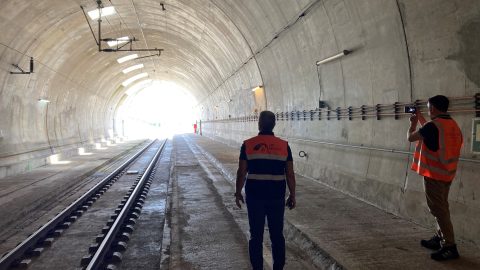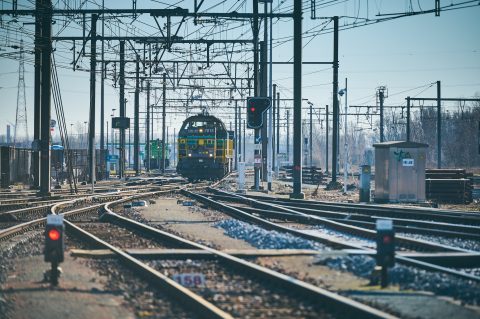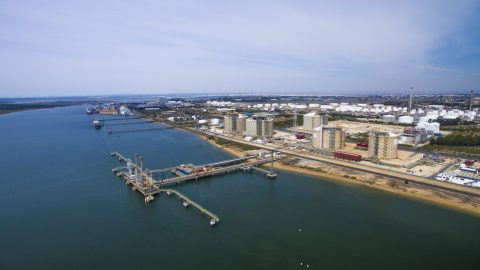From next month: charges for delay minutes caused in Germany
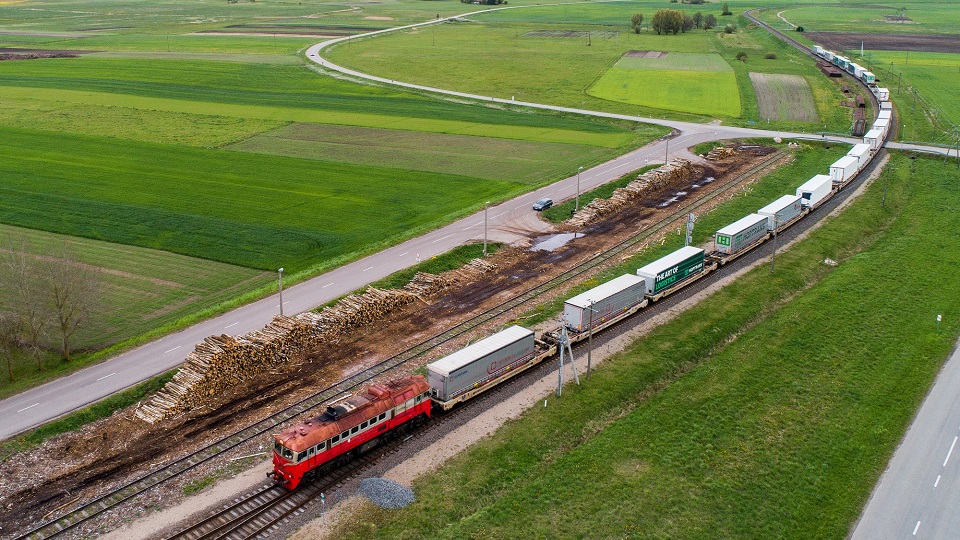
In December this year DB Netze will launch a scheme in which railway undertakings and the infrastructure manager are charged for delay minutes. The parties will pay per delay minute caused. This ‘performance scheme’ is a tool to eliminate delay mintutes that could be avoided, and as such improve the performance of rail freight in Germany.
The performance scheme was launched for passenger traffic around the same time last year. Although it is too early to assess the impact, DB Netze says to pay around 1.2 million euros per month to the railway undertakings for delay minutes it causes. This figure alone shows that there is much that can be done to improve performance. But for rail freight, the system does look a little different, says Matthias Fett, Head of Track Access Charges at DB Netz. He spoke about the scheme during the Track Access Charges SUmmit 2020.
Sensitive trains
For rail freight, there is a distinction between sensitive trains and non-sensitive trains, he explains. A non-sensitive train is less accurate and more likely to be delayed that a sensitive train, due to factors such as the commodity type, point fo departure/arrival etc.
Hence, an operator of non-sensitive train has a higher threshold. A sensitive train starts paying for delay minutes caused when it arrives at its destination 30 minutes later; for non-sensitive trains this threshold is 120 minutes. “It is also about what the market can bear”, he explains. “The railway undertaking defines whether a train is sensitive or non-sensitive”, he adds.
Different parametres
The charges to be paid per minute depend on another important parametre: whether the cause of delay is work-related, or not. “Delay minutes caused by planned construction works are not charged. This is because construction work will always be needed. The charge does come if the construction work takes longer than planned, or it was unplanned. Or, if the cause of delay is not related to construction work.
“We had a very long discussion with ailway undertakins and with the market about which incentives would work. For freight traffic we also have an additional parameter: the distinction between delay minutes between stations, and delay minutes at the destination. The scheme was tailor-made for the rail freight industry”, says Fett.
Text continues below the image
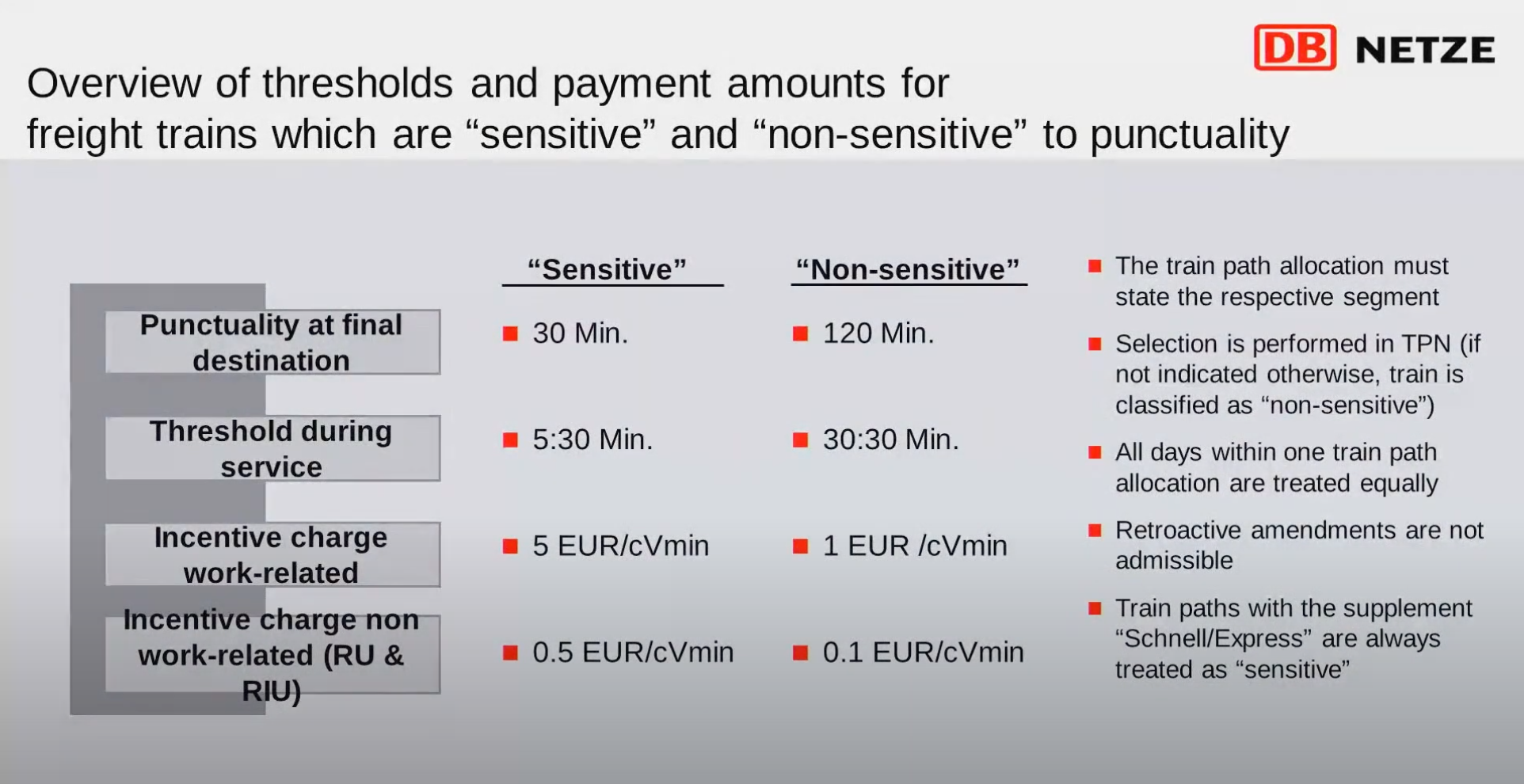
Who pays more?
Drawing on the experience with the passenger scheme, Fett can tell that DB Netze pays more, while railway undertakings pay more often. “Network related delays are approximately 10 per cent, delays caused by railway undertakings around 35 per cent. But the charge for network related delays is much higher: 5 euro per minute (sensitive trains) or 1 euro per minute (non-sensitive trains). For delay not caused by construction works, the charge is 0.5 euros per minute and 0.1 euros per minute respectively.
In this way, DB Netze has paid around 1.2 million euros every month this year for delays caused by construction works. The aim of the scheme is to rise operating quality. For example, malfunctions of switches could be avoided. Commercial incentives such as these makes us as infrastructure managers have a good look at our performace.
‘Out of scope’ delay
At the same time, the performance scheme should encourage railway undertakings to do the same, and this should lead to less delays on the railway network in general. However, there somewhat of a gap, as rail freight has more players involved than just the infra manager and railway undertaking. Think of terminals, ports, or emplacement yards. And as rail freight is mostly international, the cause of delay often lies beyond the border.
“That is true, there are certain factors which we cannot take into account. Of course we hope that in some years, this performance scheme will be implemented in all countries, so we can come to a better performance for the rail freight sector in general. It is quite simple, the system is not complicated at all. But for now, we focus on what we can do in Germany. In the end, many European freight trains pass Germany.”
Watch the interview
Did you miss the Track Access Charges Summit? The interview was broadcasted on Railfreight Live last Friday. You can watch it below.
You just read one of our premium articles free of charge
Want full access? Take advantage of our exclusive offer



